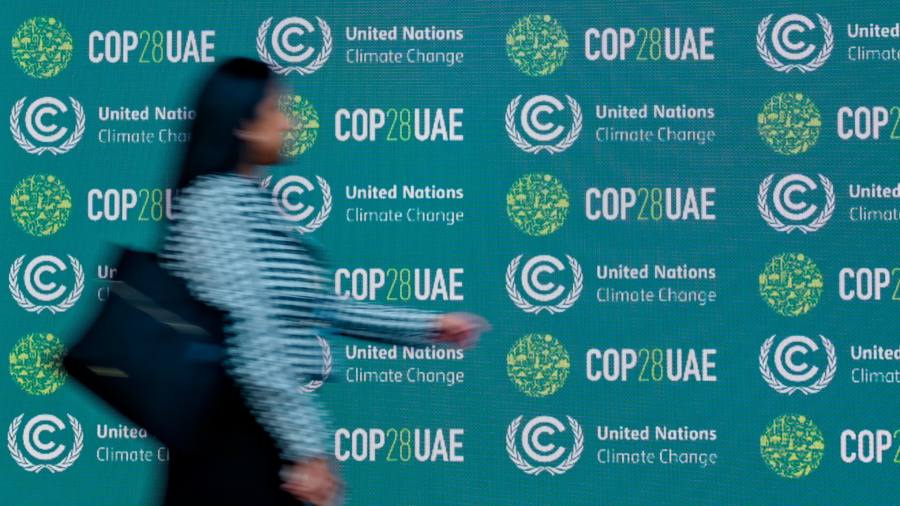Female delegates at UN climate talks allege they were bullied, abused and sexually harassed by male negotiators, casting a deeper shadow over this year’s COP28 summit.
Delegates at the UN talks in Bonn this month told the Financial Times of several instances where female delegates faced intimidation or harassment from male counterparts, prompting a letter of protest from two dozen countries worried about abusive behaviour.
Camila Zepeda, Mexico’s head of delegation, also told the FT that she suffered sexual harassment at COP27 in Egypt last year, which included receiving inappropriate messages from a male delegate.
Zepeda did not report it at the time but has decided to speak out because she said women continued to face harassment at the UN talks. “We need proactive measures to make everyone safe,” she said.
Other cases of sexual harassment were also formally reported at COP27, said a person with knowledge of the events.
Mexico, the US, UK, Germany, Peru and Canada are among two dozen countries that have since written to the UN calling for action to “ensure a harassment-free environment” at the talks.
The letter, seen by the Financial Times, calls for organisers to “pay particular attention to the way women negotiators are being treated in [UN Framework Convention on Climate Change] premises, inside and outside of negotiation rooms, ensuring that all participants feel part of a respectful and safe work environment”.
The allegations are a further blow for the UN climate talks, which will culminate at the end of this year at COP28 in the UAE, a petrostate. António Guterres, the UN secretary-general, this week warned that the process was being undermined by the vested interests of the oil and gas industry.
Speaking at the end of the Bonn conference on Thursday, UN climate chief Simon Stiell confirmed he had been “made aware that inappropriate behaviour has taken place during this session”.
“Let me make a clear statement — harassment, be it in the form of sexism, bullying or sexual harassment, is not acceptable in the UNFCCC process,” he said.
The UNFCCC is understood to be considering whether its code of conduct requires updating and whether new measures should be introduced before the COP28 climate summit in Dubai.
Almost 8,000 people registered to attend the talks in Bonn, which are crucial for outlining discussion points for the main COP28 event.
One female negotiator from a leading European country said there were “direct examples” of bullying and harassment over the past fortnight in Bonn, where women faced “intimidating behaviour” and “language that is not appropriate”.
Two people said several of the bullying accusations at Bonn had involved women from the Mexico delegation, where men allegedly attempted to “undermine their credibility”.
A senior delegate said: “People think they can say and act as they want. We deal with a situation where emotions are high but that doesn’t give permission to [men to] abuse women.”
The allegations include women being “belittled”, talked over and shouted at by male counterparts in meetings, said people who attended the talks in Germany.
One female negotiator from a G20 country said there was a “culture problem” when it came to the UN conferences, arguing they were marred by “a lot of toxic alpha male behaviour”.
“It is very aggressive,” she added. “Men behave worse when they are at these conferences. It is like the wild wild west.”
During a recorded stocktaking session at Bonn on Tuesday, speakers from Switzerland, the EU and Australia noted and condemned the reports of “inappropriate” and “unacceptable” behaviour.
The UNFCCC declined to comment. COP28 said it had “full confidence that the UNFCCC is taking this situation seriously. The COP28 presidency has zero tolerance for discrimination, racism or harassment of any kind.”
COP27 did not respond to a request for comment.
Read the full article here




